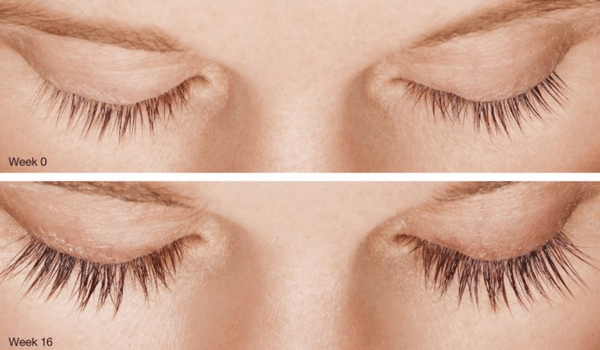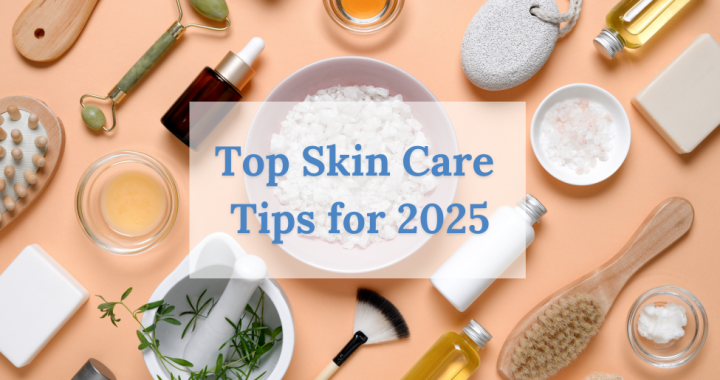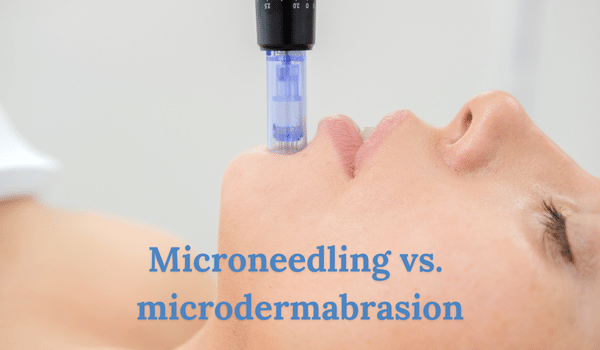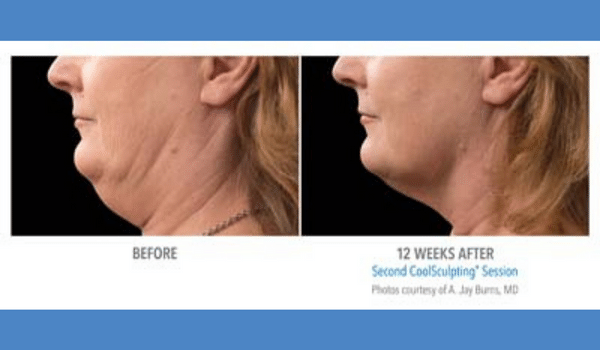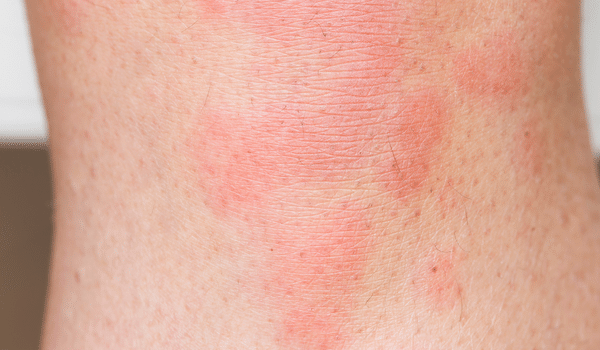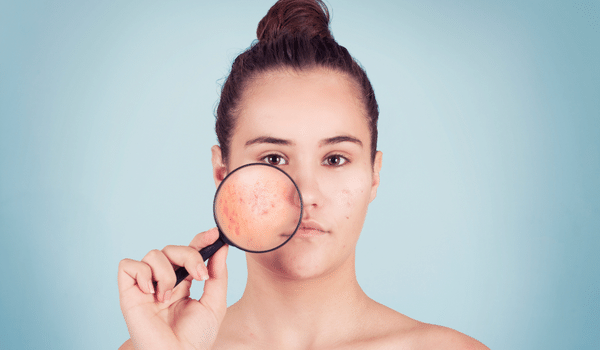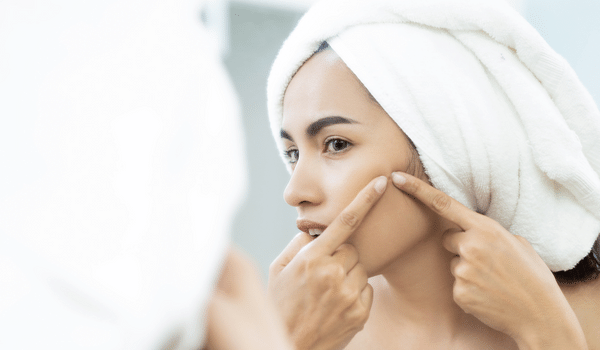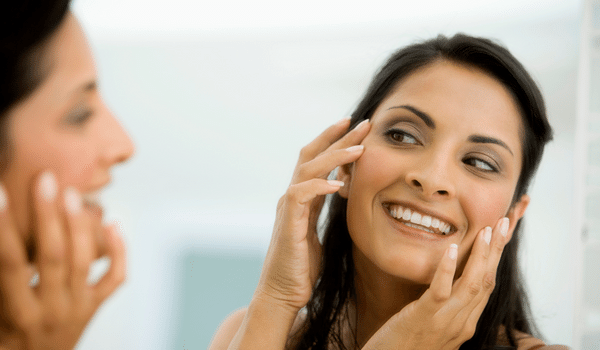You may have heard that it is not recommended to use Latisse on lower lashes even though Latisse is an FDA-approved, topical medication that helps to grow thicker, longer, and darker eyelashes. Why do dermatologists recommend against using Latisse on lower lashes? We’ll dig into that in a bit, but first, let’s learn more about what Latisse is and how it works.Continue reading
Dermatologist Appointment FAQ
A list of dermatologist appointment frequently asked questions can help you feel prepared for your dermatology appointment, whether it’s your first appointment or you see a dermatologist regularly. While these are many of the common questions dermatologists are asked, this isn’t all of them. Below are general frequently asked appointment questions in addition to questions specific to our Pittsburgh dermatology locations here at Vujevich Dermatology Associates.Continue reading
Top 6 Skin Care Tips for 2025 (Dermatologist Approved!)
**January 2025 Update:
2024 may be a thing of the past, but taking care of our skin is a lifetime priority. Improving your skin care is a great New Year’s resolution. Here are our top 6 dermatologist-recommended skin care tips for 2025:Continue reading
Vujevich Dermatology Wins TRIB Community Choice Awards
December 2022 Update:
The results are in!
We’re honored to named best dermatologist in the 2022 edition of the TRIB Live Community Choice Awards. Check out the results here!
Thank you to our amazing patients who voted for us!
Microneedling vs. Microdermabrasion: Which Treatment Is Right for You?
Are you considering the benefits of microneedling vs. microdermabrasion to improve the texture of your skin? You’ve come to the right place! Microdermabrasion has been a staple for skin care since the 1990s, but in recent years, microneedling has been gaining popularity for improving the overall condition of your skin in the longer term. So, what’s the difference between these two cosmetic treatments, and which is right for you?
CoolSculpting for the Chin: Is it Right for You?
**UPDATE: As of October 2024, Vujevich Dermatology Associates is no longer providing Coolsculpting services. Please visit our main Cosmetic Dermatology page to see a full list of the current cosmetic services we provide.
CoolSculpting® is one of the most popular cosmetic dermatology procedures. CoolSculpting® for the chin is one of the FDA-approved treatment areas. CoolSculpting® can help contour the chin area by eliminating stubborn fat. Before you decide if CoolSculpting® for the chin is the right procedure for you, let’s learn more about it.Continue reading
Chronic Hives: Symptoms and Causes (and How to Find Relief!)
Chronic hives, which may also be known as chronic urticaria, are similar to the hives most people are familiar with seeing appear as an allergic reaction or due to a viral infection. However, there are a few main differences between regular hives (called acute hives) and chronic hives. Let’s dive deeper into the symptoms, causes, and treatment of chronic hives, as well as how to find relief.
Moderate Acne Treatment Guide: The Journey to Clearer Skin
While we’ve all heard different tips on how to get clearer skin; you might also be asking, what is considered moderate acne? If you’re unsure of the severity of your acne, don’t miss our article on mild vs. moderate acne to understand the differences between the two. Understanding the type of acne you are experiencing will help you and your dermatologist choose the best treatment plan to obtain clearer skin. Continue reading
The Ultimate Guide to Treating Mild Acne (for All Ages)
Whether you’re a child, a teenager, or an adult, mild acne can be a bothersome skin concern. Acne begins when secretions from our oil glands build up and plug hair follicles. If the opening is small, this plugged follicle will form a whitehead; if the pore is large, it will create a blackhead. Both small and large plugged pores can become inflamed and form into more severe types of acne like nodules and cysts.
How to Improve Skin Texture and Complexion: 5 Dermatologist-Recommended Tips
One of the most common questions dermatologists often hear is, “How do I improve skin texture and complexion?”. While there is an excessive number of fads popping up that tell you how to improve skin texture and complexion, these 5 tried and true tips from experienced and board-certified dermatologists can help you get the results you’re looking for.

